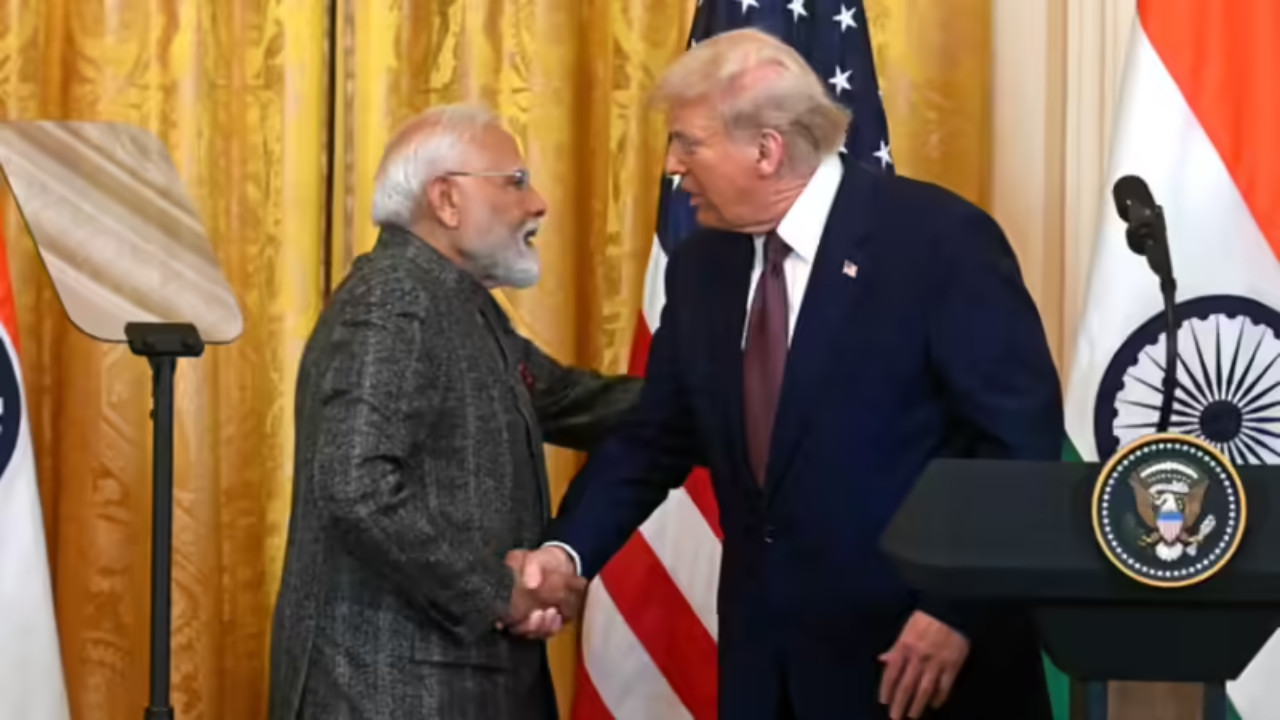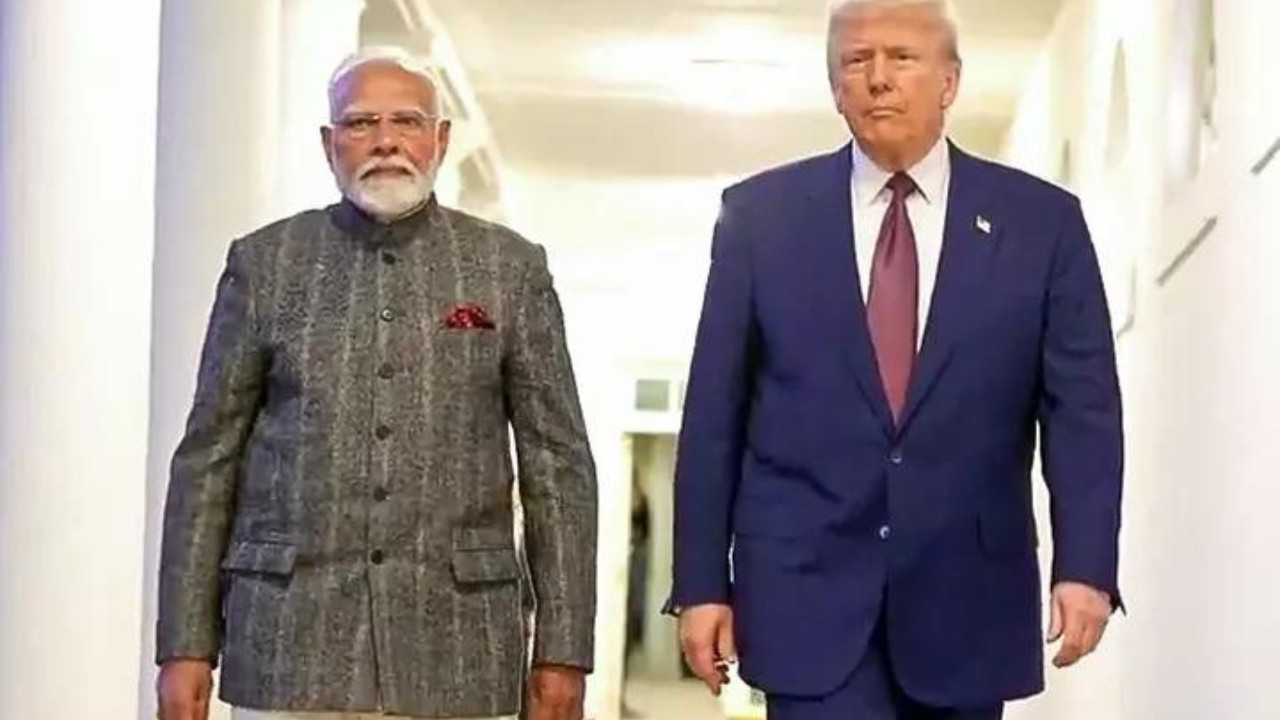US President Donald Trump has intensified his criticism of Fed Chairman Jerome Powell, labeling him ‘incompetent’ for not lowering interest rates. Despite economists’ fears, inflation has remained subdued, even with Trump’s tariffs.
Was Trump Right About Powell? A Look Back at a Contentious Relationship
Donald Trump never shied away from voicing his opinions, especially when it came to the Federal Reserve and its chair, Jerome Powell. His recent outburst, labeling Powell “dumb” and “hardheaded,” serves as a stark reminder of their turbulent relationship and raises a critical question: did Trump, despite his unconventional approach, have a point about the Fed’s monetary policy decisions?
Their public disagreements were far from subtle. Trump, throughout his presidency, repeatedly criticized the Fed’s interest rate hikes, arguing they were hindering economic growth. He believed lower rates would fuel the economy and give the US a competitive advantage. In contrast, Powell, nominated as Fed Chair by Trump himself, maintained the Fed’s independence and emphasized the need to manage inflation and maintain economic stability.

This clash of ideologies played out against a backdrop of economic uncertainty. As the global economy faced headwinds, Trump’s calls for lower rates grew louder. He even suggested, on more than one occasion, that the Fed should consider negative interest rates, a policy that had been implemented in some European countries and Japan. Powell, however, remained skeptical, citing potential drawbacks and limited evidence of its effectiveness in the US context.
The Trump-Powell Feud: A Matter of Perspective?
Trump’s criticism wasn’t solely about interest rates. He also questioned Powell’s overall judgment and understanding of the economy. Calling him “incompetent” is harsh language, and while it might be dismissed as typical Trumpian rhetoric, it prompts us to re-examine the Fed’s decisions during that period. Were the rate hikes truly necessary, or did they stifle economic growth unnecessarily? It’s a question that economists still debate today.
One could argue that Powell, as a responsible steward of the economy, was simply doing his job by prioritizing long-term stability over short-term gains. The Fed’s mandate includes maintaining price stability and full employment, and Powell likely believed that gradual rate increases were the best way to achieve those goals. He walked a tightrope trying to prevent the economy from overheating.
Examining the Impact of Interest Rate Policies
The impact of the Fed’s interest rate policies is complex and multi-faceted. While higher rates can help curb inflation, they can also slow down economic growth by making it more expensive for businesses to borrow money and invest. Lower rates, on the other hand, can stimulate economic activity but also risk fueling inflation. Finding the right balance is a constant challenge for the Fed.
Looking back, it’s clear that the Trump-Powell dynamic was unusual, if not unprecedented. Presidents typically avoid publicly criticizing the Fed, respecting its independence to make decisions based on economic data, not political pressure. Trump, however, broke with this tradition, viewing the Fed as an obstacle to his economic agenda.
Powell’s Legacy: A Mixed Bag?
So, will Powell “pay for his incompetence for years,” as Trump claimed? That remains to be seen, but it’s a valid question for economic analysts to dissect. His tenure certainly saw both successes and challenges. He navigated the economy through a period of relatively low unemployment and moderate inflation, but he also faced criticism for being too slow to respond to the economic fallout from the COVID-19 pandemic. It’s easy to play Monday morning quarterback, however, and the complexities of the time cannot be understated.
Ultimately, the Trump-Powell saga highlights the crucial role of the Federal Reserve in shaping the economy and the delicate balance between political influence and economic independence. The debate over interest rate policy and the appropriate role of the Fed will likely continue for years to come, ensuring that their contentious relationship remains a relevant case study in economic and political history.
Related Content: [Link to an article on US monetary policy or the Federal Reserve]
Conclusion
The clashes between Trump and Powell were loud and unprecedented, forcing a re-evaluation of presidential influence on the Federal Reserve. Whether Trump’s criticisms were valid is a matter of ongoing debate, highlighting the inherent complexities of monetary policy and its impact on the US economy. The long-term consequences of their interactions and the Fed’s decisions during that period will undoubtedly shape economic discussions for years to come.







